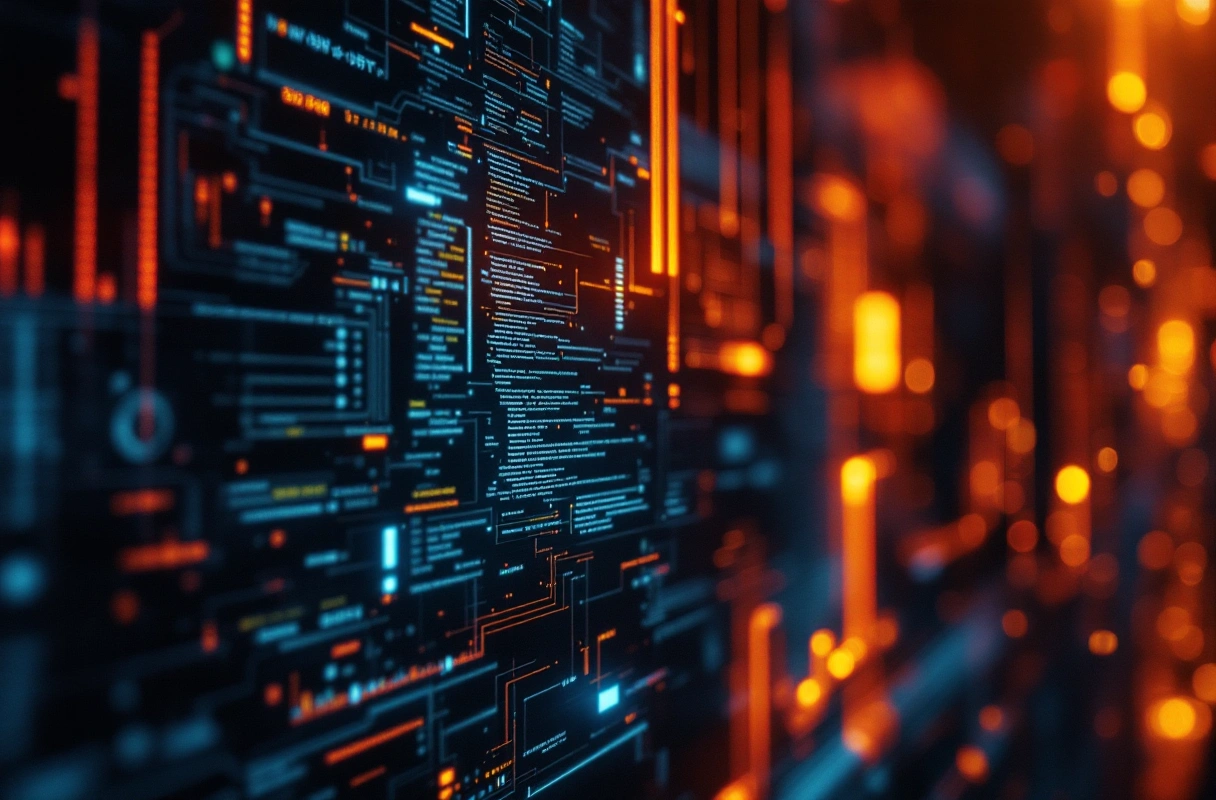

In an era where data breaches and cyber threats are increasingly prevalent, the need for advanced security measures has never been more pressing. Quantum technology, with its promise of unparalleled computational power and innovative algorithms, is emerging as a game-changer in the realm of data security. This article will explore how quantum computing is reshaping the landscape of cybersecurity, the applications of quantum algorithms, and the implications for future security protocols.
Quantum technology refers to the field of study and application that harnesses the principles of quantum mechanics. Unlike classical computing, which relies on bits as the smallest unit of data (0s and 1s), quantum computing utilizes qubits. This fundamental difference allows quantum computers to perform complex calculations at speeds unattainable by traditional systems. As we delve into how quantum computing is revolutionizing data security, it is essential to grasp the underlying principles of this innovative technology.

As organizations increasingly rely on digital infrastructure, the potential for cyberattacks has escalated. Quantum computing introduces a new paradigm for cybersecurity, offering solutions that could outpace traditional methods. Here are several ways quantum technology is influencing data security.
Quantum cryptography leverages the principles of quantum mechanics to create secure communication channels. The most well-known application is Quantum Key Distribution (QKD), which allows two parties to generate a shared secret key in a way that any eavesdropping attempt can be detected.
As quantum computing advances, it poses a potential threat to existing encryption algorithms, such as RSA and ECC, which could be easily broken by sufficiently powerful quantum computers. Organizations are already considering strategies to protect their data against future quantum attacks.
Quantum sensors, which utilize quantum technology to measure physical quantities with extreme precision, also play a role in enhancing data security.

As quantum technology continues to develop, its applications in cybersecurity will expand. Here are some key trends and potential future directions.
The rise of decentralized science and collaborative research in quantum technology will accelerate advancements in quantum computing and its applications. Open-source projects and shared resources will foster innovation, leading to more robust security solutions.
The integration of quantum computing into cybersecurity will necessitate a reevaluation of current security protocols. Organizations will need to adopt a proactive approach to ensure their systems are prepared for the quantum era.
As interest in quantum technology grows, several misconceptions persist that could hinder its effective implementation in cybersecurity.
While significant progress has been made, quantum computers are not yet ready to replace classical systems for most applications. Current quantum devices are still limited in terms of qubit count and error rates. Organizations should remain cautious and avoid premature adoption without a clear understanding of the technology's maturity.
Though quantum cryptography offers enhanced security, it is not immune to all forms of attack. Implementation challenges, such as the physical security of quantum keys and the potential for side-channel attacks, must be addressed to ensure its effectiveness.
Organizations can take proactive measures to prepare for the future of quantum technology and its impact on data security. Here are essential steps to consider:
Quantum computing is rapidly shifting from concept to reality, and its impact on data security cannot be overstated. With its potential to outpace classical cryptography, quantum technology is reshaping how organizations must think about safeguarding sensitive information. The future of cybersecurity will belong to those who adapt early—developing agile protocols, exploring quantum-safe encryption, and staying ahead of the curve as new applications emerge.
At Outer Edge, we’re passionate about creating opportunities for leaders to engage directly with these frontier shifts—whether by participating in gatherings that spotlight groundbreaking ideas, tuning into media that amplifies innovation, or collaborating with communities pushing the boundaries of cybersecurity and quantum applications. Join us in exploring how quantum technology can redefine the future of security and position your organization at the edge of innovation.
Join more than 40k+ investors, dreamers, builders & experts in getting exclusive weekly content and access to the top 1% of Web3, Blockchain, and AI globally!